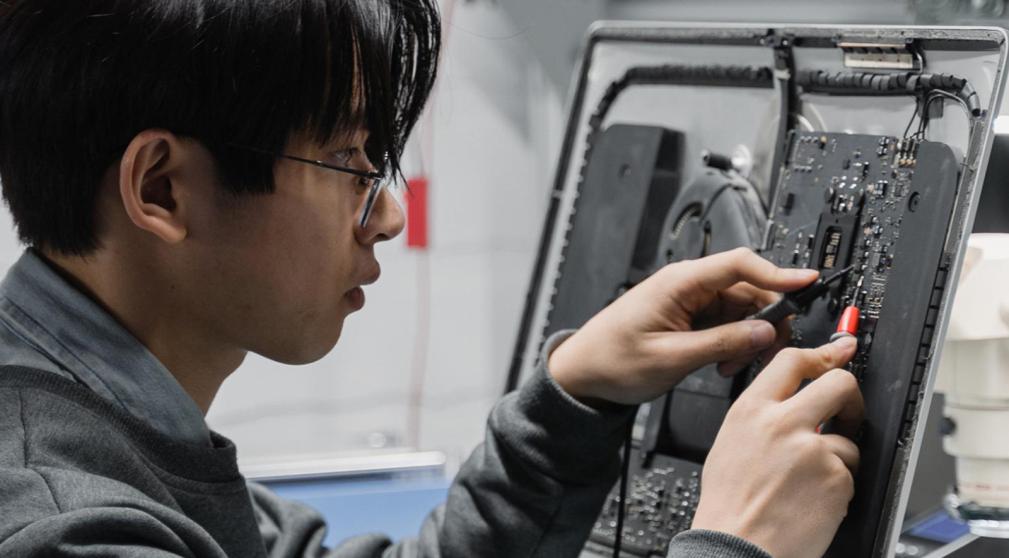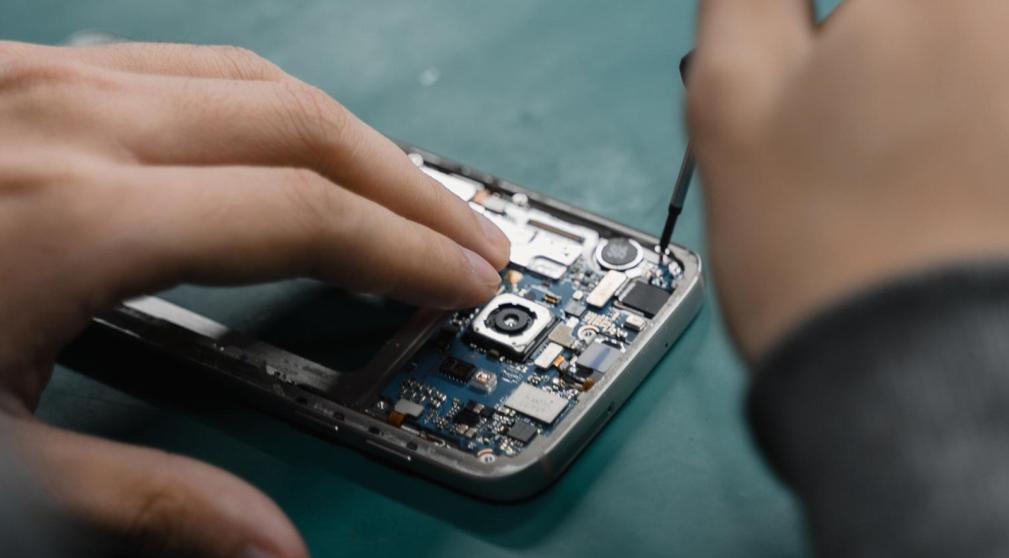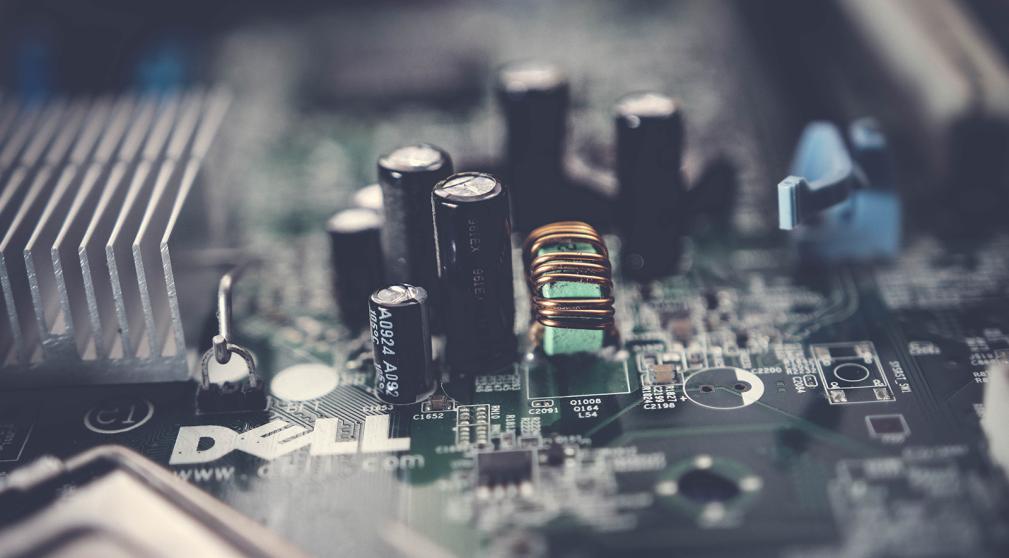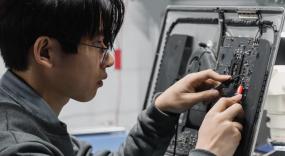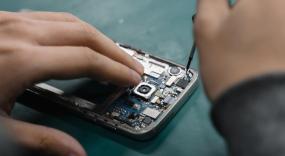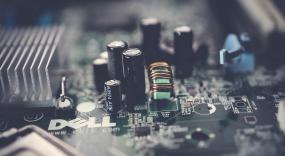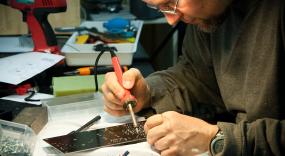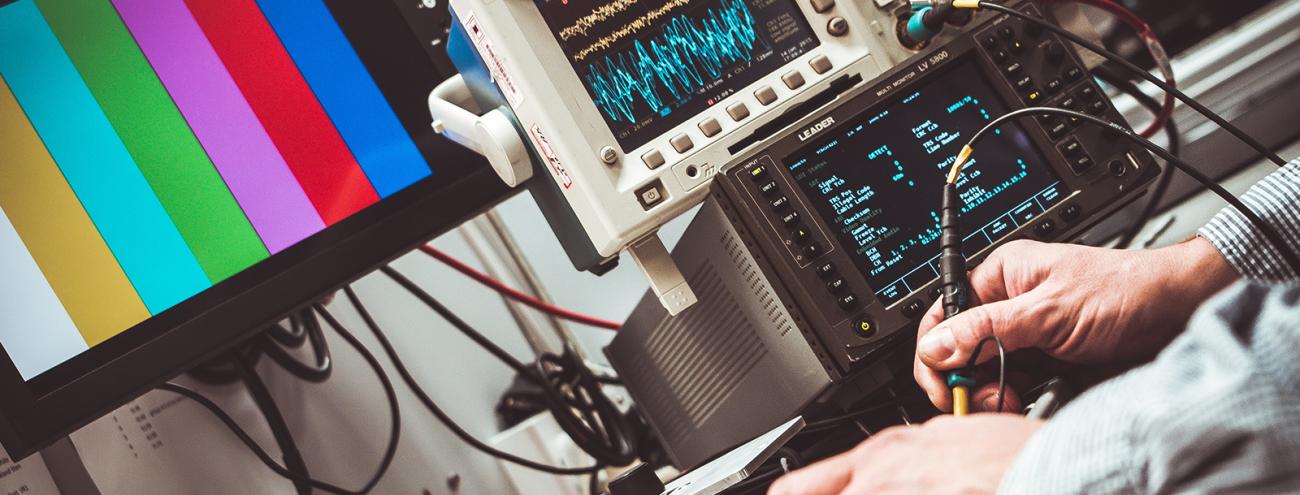
UBC E-Kitchen
The UBC E-Kitchen will support efforts towards building a circular economy and reducing waste by repairing electronic equipment and distributing refurbished devices to those in need both on and off campus.
Project team
Dr. Milind Kandlikar, Professor & Director, Institute For Resources, Environment & Sustainability
Bud Fraser, Senior Planning & Sustainability Engineer, Campus + Community Planning
Dr. Sathish Gopalakrishnan, Associate Professor, Electrical & Computer Engineering
The reduction of needless manufacturing and generation of premature waste are key elements for a transition to an economy with minimal impact on climate and the environment. As an example, mining and manufacturing of materials for the iPhone 12 are responsible for about 83% of its heat-trapping greenhouse gas (GHG) emissions over its life cycle1.
While many electronic devices, such as mobile phones and laptops could be easily refurbished, factors like affluence, social signaling and difficulty in repair has led instead to their disposal as e-waste.
Currently, used electronic equipment at UBC is recycled by UBC Waste Management, however, there are many more opportunities for enhancing reuse and circularity on campus.
The E-Kitchen aims to make electronic repair and reuse a key part of UBC’s sustainability strategy, by providing the opportunity to (i) develop an evidence-based understanding of the technical and economic benefits and challenges of reuse and repair and (ii) identify life cycle GHG emissions reductions associated with repair and reuse through the collection of E-Kitchen data.
Members of the UBC community will bring their appliances to the E-Kitchen for repair or donation, while students will join the team to learn how to perform simple to complex repairs. Technicians from Electrical & Computer Engineering (ECE), other UBC staff, and skilled students will help in teaching fault detection and repair methods. The project personnel will belong to diverse groups and special attention will be given to include underrepresented groups of the student community. The refurbished equipment will be distributed by student trainees on an as-needed basis to those on the UBC campus and at local schools, as well as among low-income groups across the region.
As part of the Campus as a Living Lab, the E-Kitchen will also have a strong research component. This will lead to a comprehensive understanding of the technical challenges, the economic incentives, and the environmental life-cycle benefits of electronic repair and reuse. This information can help inform the establishment of E-Kitchens and electronic reuse practices in other communities, as well as the development of emerging policies, such as 'Right to Repair' legislation.
